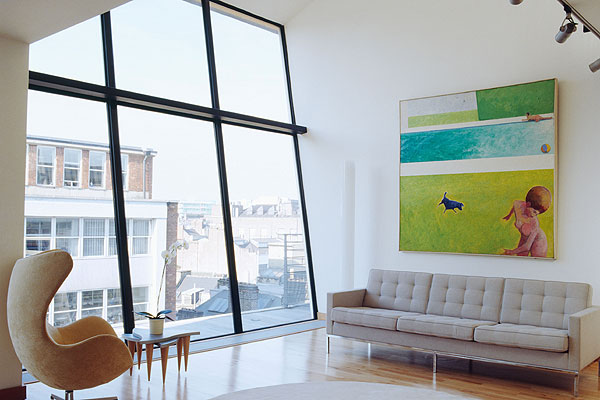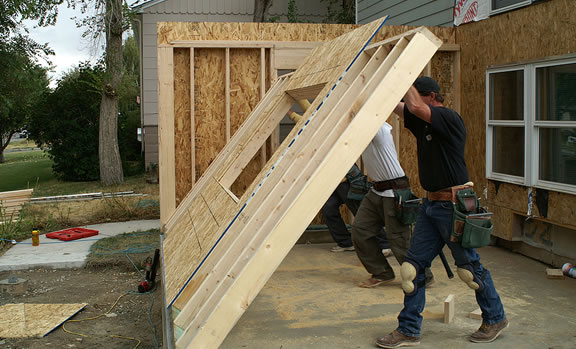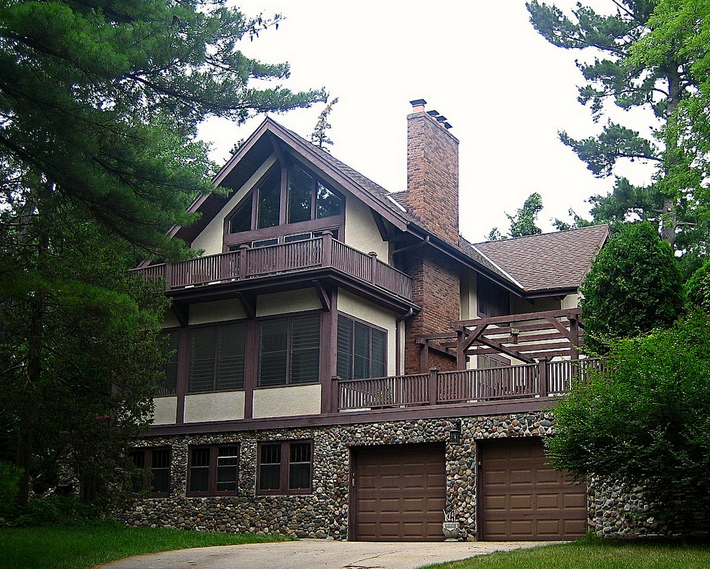Tips for adding an extension to your home
Extending your home can save you an expensive and unnecessary move, or even add value for when you do want to relocate. But there are plenty of factors to consider before you take the plunge. Here is a quick run-down of the most important ones.
Practical concerns
One of the first considerations should be your budget. Whilst it’s often the case that conservatories in the UK add 5-7% value to a property, you need to weigh up the costs and work out a sensible plan that’s within your range. Check with the council for an idea on how much the fees may be; remember that you will need to pay for buildings regulation approval and possibly planning permission as well.
Make sure you factor in smaller costs for the rest of the home as well, as doors and walls may need to be knocked through. Ground floor extensions and conservatories in the UK can often look stuck on or separate from the rest of the building. To avoid this, you may need to alter the flooring in your existing rooms to blend seamlessly with the new addition, or change the paintwork and surface decoration.
You should also take into account how much time and inconvenience may be involved with things like conservatories in the UK. Ground level extensions such as these are often easier than adding to upper floors, but might leave key rooms like the kitchen or lounge out of action for weeks. This begs the question, where do you want to extend?
Which way?
The most natural path for most home-owners is usually an extension at the back of the house, where your own land can be used. In some cases, no permission is needed to build. First floor or double-storey extensions are obviously more expensive and require more construction work, as scaffolding will need to be erected. However, creating this much extra space and additional rooms can boost your property value a lot more.
Many people opt for a simple loft conversion, which causes the least disruption to the rest of the household and creates an extra bedroom, adding up to 12.5% to the asking price. Basement conversions offer similar pros in that you are enhancing existing space, rather than starting from scratch. Any digging or serious building work can complicate this, however, meaning you may have to move out for a short time and you will need to employ specialist builders for the job to avoid any structural issues.
These points aside, there are a lot of benefits in extending your property, in addition to pure monetary value. A room extension may give you that private study space you’ve been longing for. Installing conservatories in the UK enables you to throw garden parties in the summer without worrying about the unpredictable weather. If you’re happy in your home, with no desire to sell, you can exercise a lot more freedom in creating the living space that you want.
Mary Yohanan is a home consultant and property writer who has contributed to several blogs and print publications. Using sites like Breckenridge and others to further her research, she writes advisory pieces on home improvement whilst adding to her own Buckinghamshire property in her spare time.




